First, the sinless nature of the temptations of Jesus:
Jesus "was exposed to all the temptations that every human being has to contend with—except, however, those temptations that come from within as a result of the inward original taint or of the influence of former sins. Owing to His intrinsic
spotlessness, temptations in His case could only come from the outside. Plummer rightly observes in his connection that “the fact that the solicitations came wholly from without, and were not born from within, does not prevent that which was offered to Him being regarded as desirable. The force of the temptation depends, not upon the sin involved in what is proposed, but upon the advantage connected with it.” "217 Geldenhuys, Commentary on the Gospel of Luke, 156–57. (255)
“For we do not have a great High Priest who cannot sympathize with our weaknesses, but One who has been tempted in all things as we are, yet without sin,” (Heb. 4:15...). This verse teaches us that the temptations of Christ were “without
sin” in their SOURCE and NATURE as well as in their RESULT....Christ was tempted without sin, or sinlessly, in all points like as we are. (256)
'...the sinlessness of Jesus augments His capacity for sympathy; for in every
case, He felt the full force of temptation.… And Westcott remarks at Hebrews ii:18: “Sympathy with the sinner in his trial does not depend on the experience of sin, but on the experience of the strength of the temptation to sin, which only the sinless can know in its full intensity..." ' 219. Geldenhuys, Commentary on the Gospel of Luke, 157. (256-257)
But the question is: could Jesus have given in to temptation and really sinned? Was it possible for Him to sin? (257)
First, THE EXPLANATION OF CHRIST’S IMPECCABILITY.
"The Last Adam differs from the first Adam, by reason of His impeccability.… He was not only able to overcome temptation, but He was unable to be overcome by it. An impeccable will is one that is so mighty in its self-determination to do good that it cannot be conquered by any temptation to evil, however great.…
"The angels who fell could have repelled temptation with that degree of power given them by creation, and so might Adam. But in neither case was it infallibly certain that they would repel it. Though they were holy, they were not impeccable. Their will could be overcome, because it was not omnipotent, and their perseverance was left to themselves and not made sure by extraordinary grace. The case of Jesus Christ, the second Adam, was different, in that he was not only able to resist temptation, but it was infallibly certain that he would resist it."
221. Shedd, Dogmatic Theology, 2:330–31. (257-258)
Second, THE BIBLICAL BASIS FOR CHRIST’S IMPECCABILITY.
The Biblical proof for Christ’s impeccability includes the following points. (1) The unchangeableness of Christ, taught in Hebrews 13:8, pertains to all the characteristics (and perfections) of His person. His holiness is one of those characteristics; therefore, Christ’s holiness is unchangeable—it cannot and will not become unholiness. (2) A changeable holiness is incompatible with the other divine perfections of the God-man. The possibility of being overcome by temptation is inconsistent with Christ’s omnipotence. Furthermore, the success of the temptation depends, in part, upon deceiving the person tempted (1 Tim. 2:14). A finite intelligence may be deceived, but not an infinite omniscience possessed by the God-man, thus making His apostasy impossible. (3) A holiness capable of change is irreconcilable with the fact that the God-man is the author of holiness (Heb. 12:2; 1 Cor. 15:45). (258)
Third, THE THEOLOGICAL BASIS FOR CHRIST’S IMPECCABILITY. ...
"Christ’s person is constituted of two natures: one divine and the other human. The divine nature is both intemptable and impeccable....The human nature, on the contrary, is both temptable and peccable, [i.e., capable, not only of being tempted, but also of yielding to temptation]. When these two natures are UNITED in one theanthropic [i.e., divine-human] person, as they are in the incarnation, the divine determines and controls the human, not the human the divine.… Consequently, what might be done by the human nature if ALONE, and by itself, cannot be done by it in this UNION with omnipotent holiness....Consequently, Christ, while having a peccable human NATURE in his constitution, was an impeccable PERSON. Impeccability characterizes the God-man as a totality, while peccability is a property of his humanity."222
"It is the divine nature, and not the human, which is the base of Christ’s person...."[a.] If the human nature and not the divine had been the root and base of Christ’s person, he would have been a man-God and not a God-man...
"[b.] That the personality of the God-man depends primarily upon the divine nature, and not upon the human, is also evinced by the fact that this complex theanthropic personality was not destroyed by the death of Christ. At the crucifixion, the union between the human soul and the human body was dissolved temporarily, but the union between the Logos, [the living Word of God, John 1:1], and the human soul and body was not.… Between Christ’s death and resurrection,
both the human soul and the human body were still united with the Logos....
"The God-man existed between the crucifixion and the resurrection, notwithstanding the separation between the human soul and body, as truly as he did before, as he does this instant. And this, because it was the immutable divinity and not the mutable humanity, which constitutes the foundation of his personality....
"[c.] That the divinity and not the humanity is dominant and controlling in Christ’s person, is proved by the fact that his acts of power were regulated by it...When the divine nature withdrew its support from the human, the latter was as helpless as it is in an ordinary human creature. And when the divine nature imparted its power, the human nature became “mighty in word and deed.”...
"[d.] [T]he knowledge of the God-man depended upon the divinenature for its amount, and this proves that the divinity is dominant in His person." 224
222. Shedd, Dogmatic Theology, 2:332–33; 224. Shedd, Dogmatic Theology, 2:269–73.
(258-262)
This refers to the interpretation of I Peter 3: 18-20: For Christ also died for sins once for all, the just for the unjust, in order that He might bring us to God, having been put to death in the flesh, but made alive in the spirit; in whom also He went and made proclamation to the spirits now in prison, who once were disobedient, when the patience of God kept waiting in the days of Noah, during the construction of the ark, in which a few, that is, eight persons, were brought safely through the water. (The emphasis is mine to indicate the main subject at hand.)
What is the meaning of this? Dr. Morecraft goes into the grammar and all, but I shall only give you the brief summation of the result, beginning with three "versions" of interpretation.
Some have interpreted the text as saying that between Christ’s crucifixion and resurrection, Christ went to hell to evangelize the lost souls there. (267)
Others have understood the text as teaching that Christ preached through the preaching of Noah to the disobedient people of his day, and who, because they persisted in their disobedience are now “spirits in prison” in hell. According to this view they were not in hell when Christ preached to them through Noah, but they are in hell now. (268)
According to Brown, in His resurrection, Christ was infinitely endowed by the Holy Spirit with an immeasurable superabundance of life so as to enable Him to give
eternal life to those dead in their sins (John 12:24, 32; 3:34). (268) [I'm not completely clear on this last one.]
The resurrected Christ, during His ascension to God’s right hand, proclaimed His victory over sin, Satan and death to the fallen spirit-world, (Satan and demons), who are chained in darkness until their eternal damnation on the final day of judgment, when they are cast into the bottomless pit of hell. ...
Amazing! The resurrected, glorified, exalted Christ, ascending to the highest place of honor and power in the universe—God’s right hand, enters the world of Satan and demons, forcibly calls them to gather, and declares His victory over sin, Satan, and death to them, who a few hours earlier were rejoicing that they had destroyed
God’s Son in death and the grave. Now they are informed authoritatively that, while they “bruised His heel,” He had, in fact, crushed their heads (Gen. 3:15f). What a sermon that must have been! What a congregation, forced to listen to every word! It was a congregation comprised only of Satan and his fiendish, totally evil,
murderous, lying, envious, enraged, monstrous demons. The risen Christ takes the pulpit, calls the service to order, looks at His congregation and triumphantly shouts: YOU ARE FINISHED! I HAVE DEFEATED YOU FOREVER! I AM COMING BACK AT THE END OF HISTORY TO CAST YOU INTO THE BOTTOMLESS PIT OF
HELL! UNTIL THEN, I AM KEEPING YOU CHAINED IN DARKNESS, AWAITING THAT GREAT DAY OF JUDGMENT, WHEN I WILL SAY TO YOU—GO TO HELL! (269)
The Apostles’ Creed refers to Christ’s burial as His descent into hell— He descended into hell...His human spirit remained under the power of death, still being humiliated and tormented for our sin, experiencing the full penalty for sin and the full punishment of hell in our behalf, until His resurrection, for His exaltation and rest from His redemptive work did not begin until His resurrection from the grave (Heb. 4:10)...From Friday until Sunday morning, Jesus suffered the torments of hell for us. (271)
"By the descent of Christ into hell, all those who believe in Him are secured from descending thither; He went into those regions of darkness that our souls might never come into those torments which are there. By His descent He freed us from our fears, as by His ascension He secured us of our hopes." 226. http://www.lectionarycentral.com/saturd/Pearson.html (271)
Some have interpreted the phrase in the Creed—He descended into hell—metaphorically. They say that it is simply a non-literal way of saying that in Christ’s suffering, death and burial, He suffered the full punishment of our sin in our behalf. (272)
Others would say that the view defended in this essay seems to contradict Jesus clear and decisive statement on the cross: “It is finished” (19:30), i.e., “salvation has been fully accomplished and secured by My death on the cross” (Heb. 9:12)...When He spoke those words, He obviously had not died yet, although He soon would die. He was anticipating the completion of the suffering and humiliation that was necessary to secure eternal salvation for all for whom He died, i.e., death and burial, during which His human spirit descended into hell. (273)
Some would object to our view saying that it flies in the face of Jesus’ words to the believing thief on the cross: “Today, you shall be with Me in Paradise” (Luke 23:43)...the loving presence of God the Son did fill Paradise, in fact, the whole universe cannot contain Him, even while His human body was in the grave and His human spirit was in hell. So then, the believing thief on the cross, entering Paradise immediately upon death, was in the presence of the Son of God enjoying fellowship with Him. (273)
Finally, others would object by pointing out that in dying on the cross, Jesus said to God the Father, “Into Your hands I commit My spirit” (Luke 23:46)...He is saying to His Father, whom He loved with all His heart, what He said in the Garden of Gethsemane, when He sweat drops of blood, “Because I trust You and love You, Father, and be cause I want to finish the work You gave Me to do to save sinners, I
submit Myself to You to completely. Not My will, but Yours be done, even if it means that I must descend into hell.” (273-274)
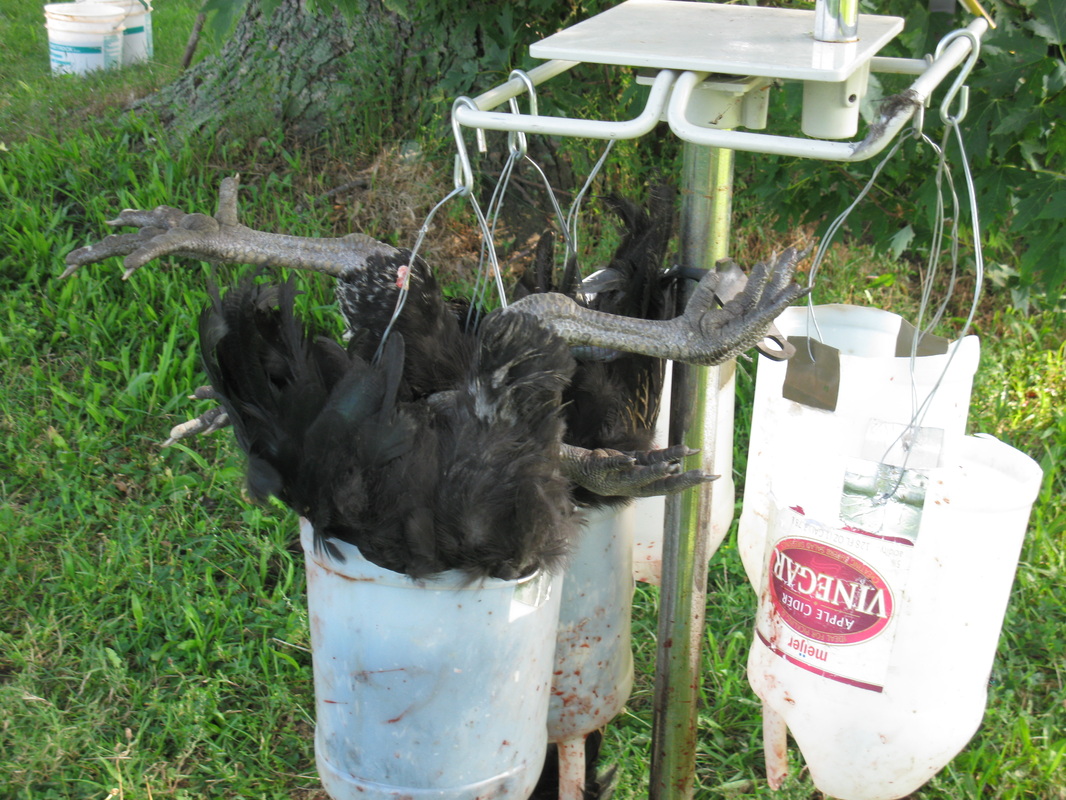
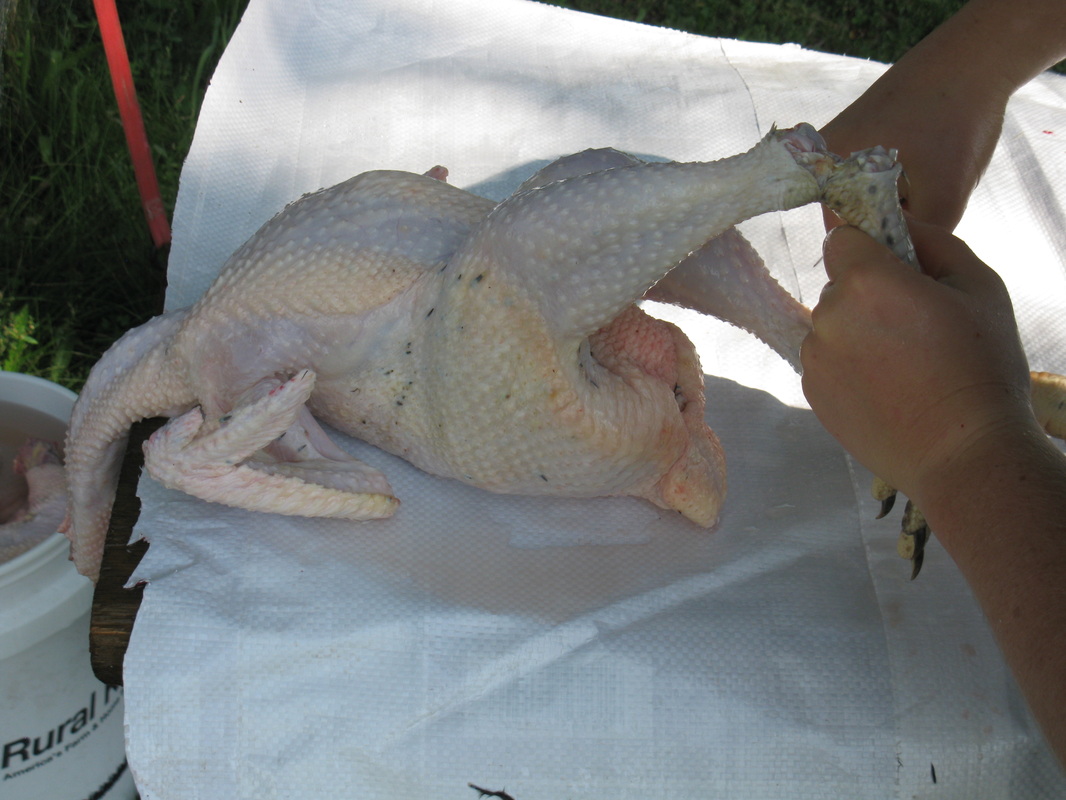
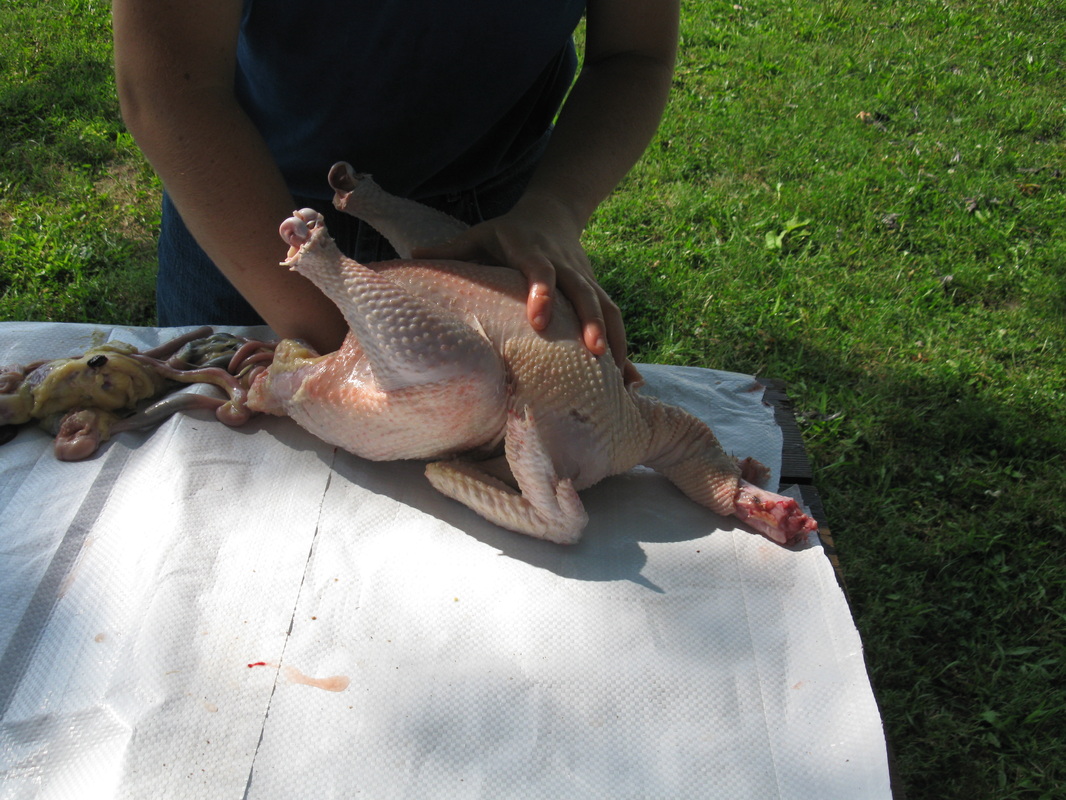
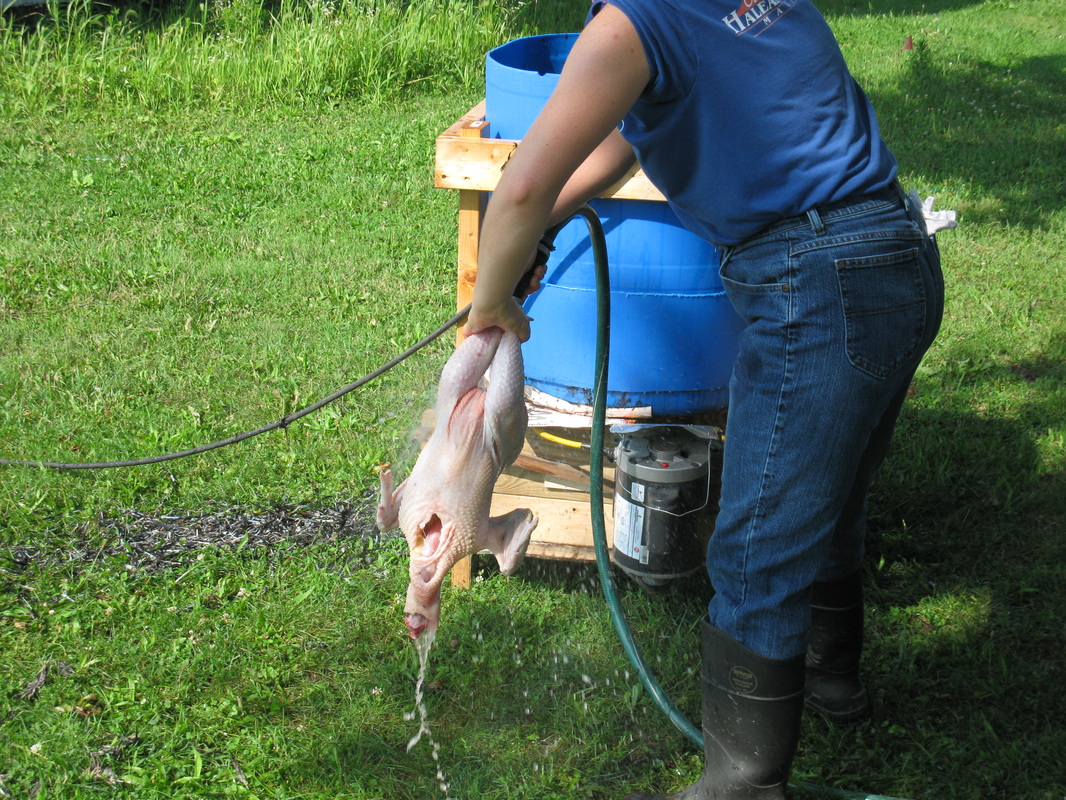

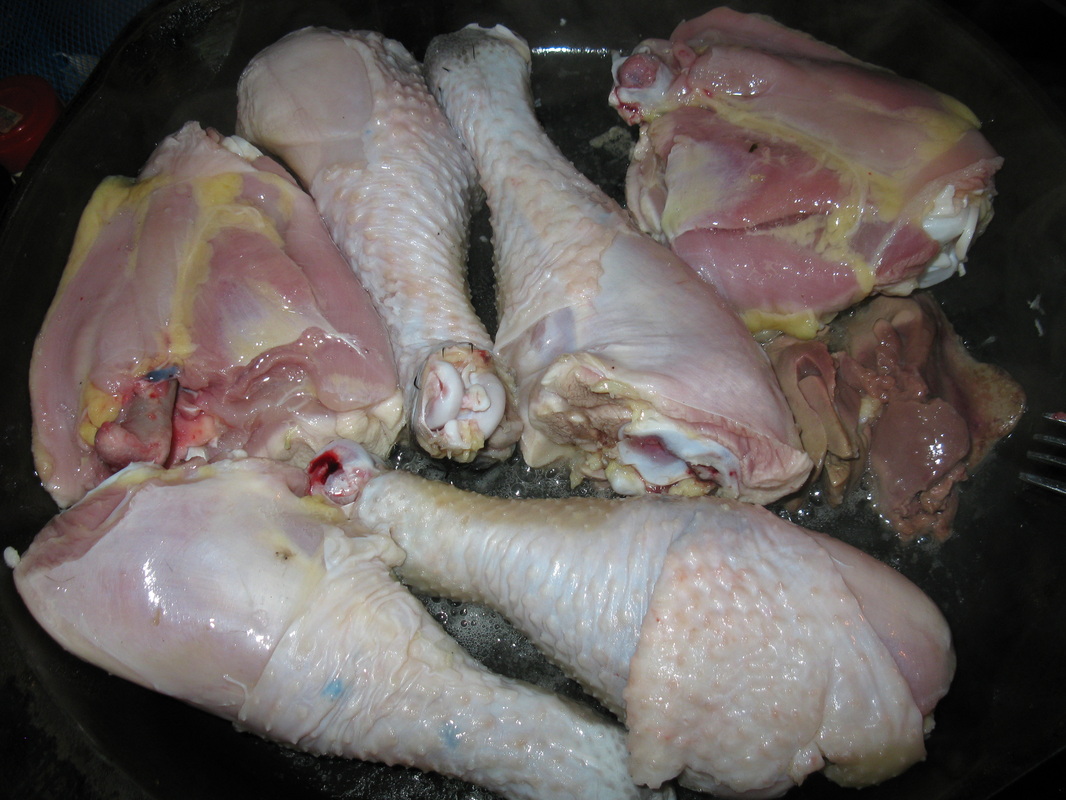
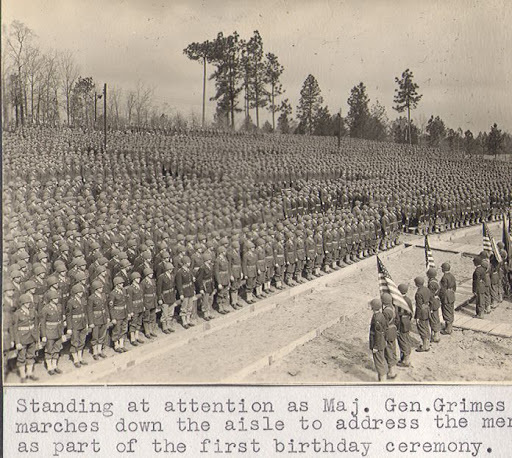


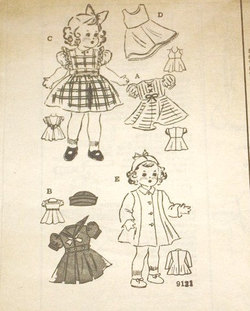

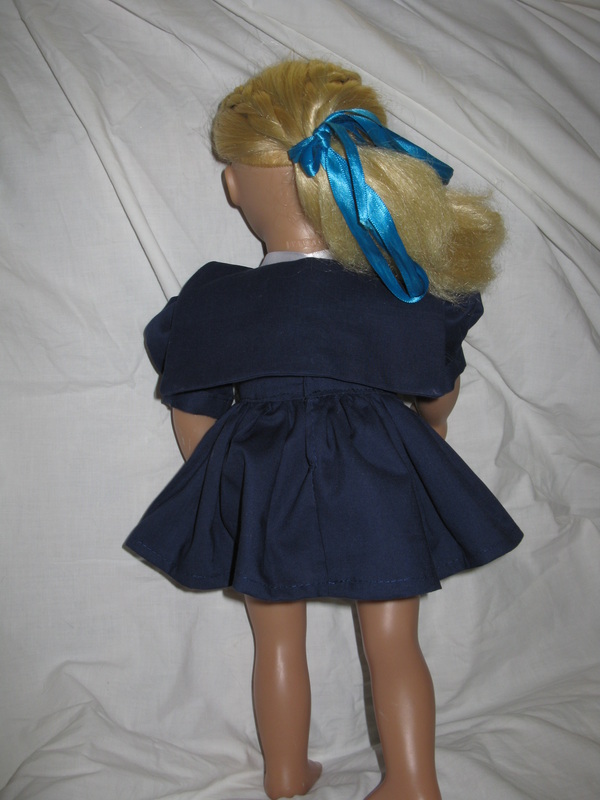
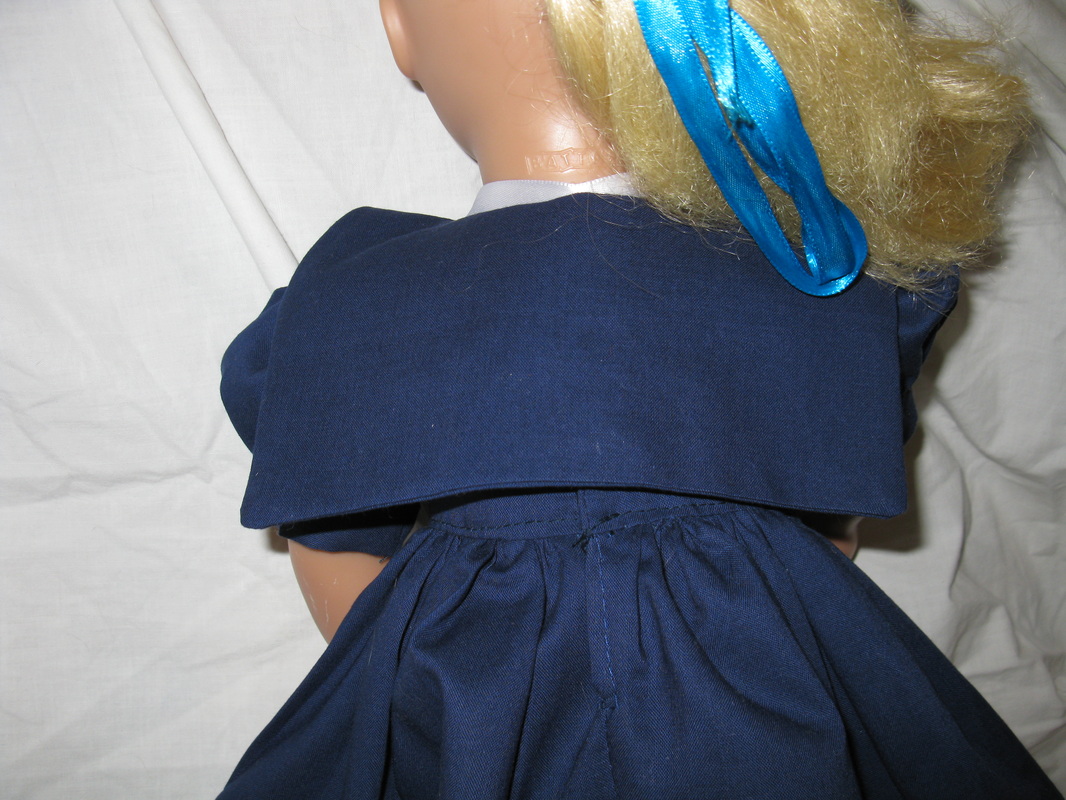
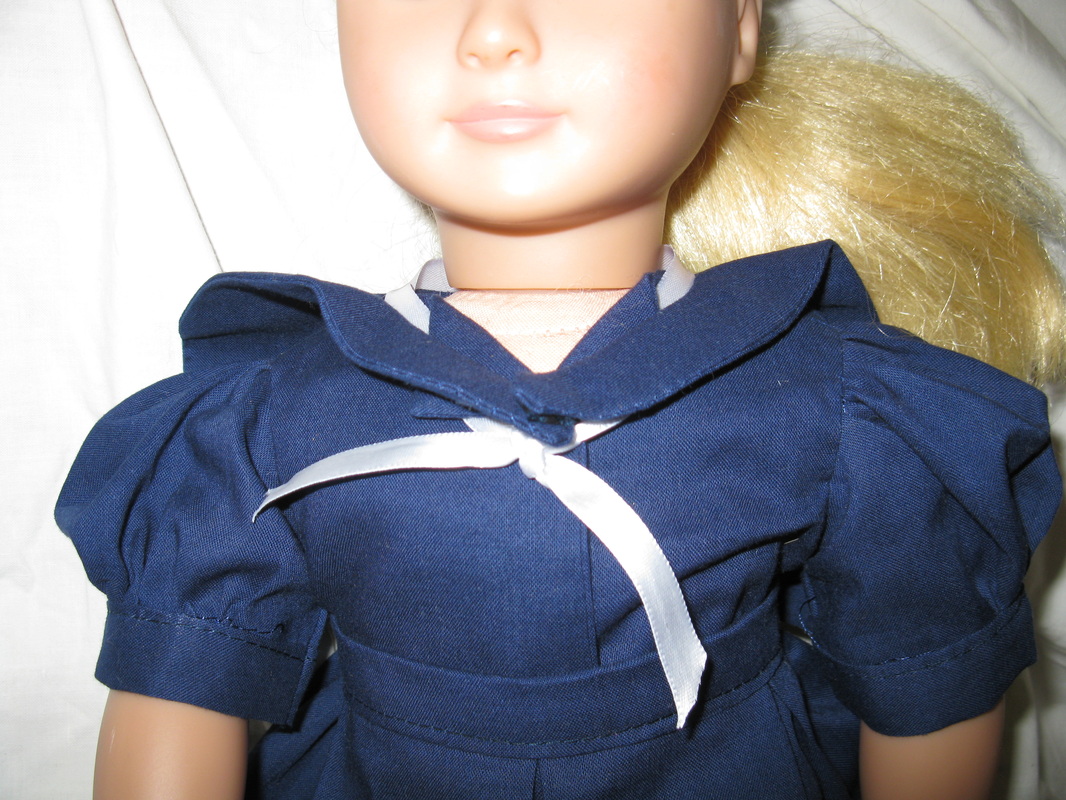
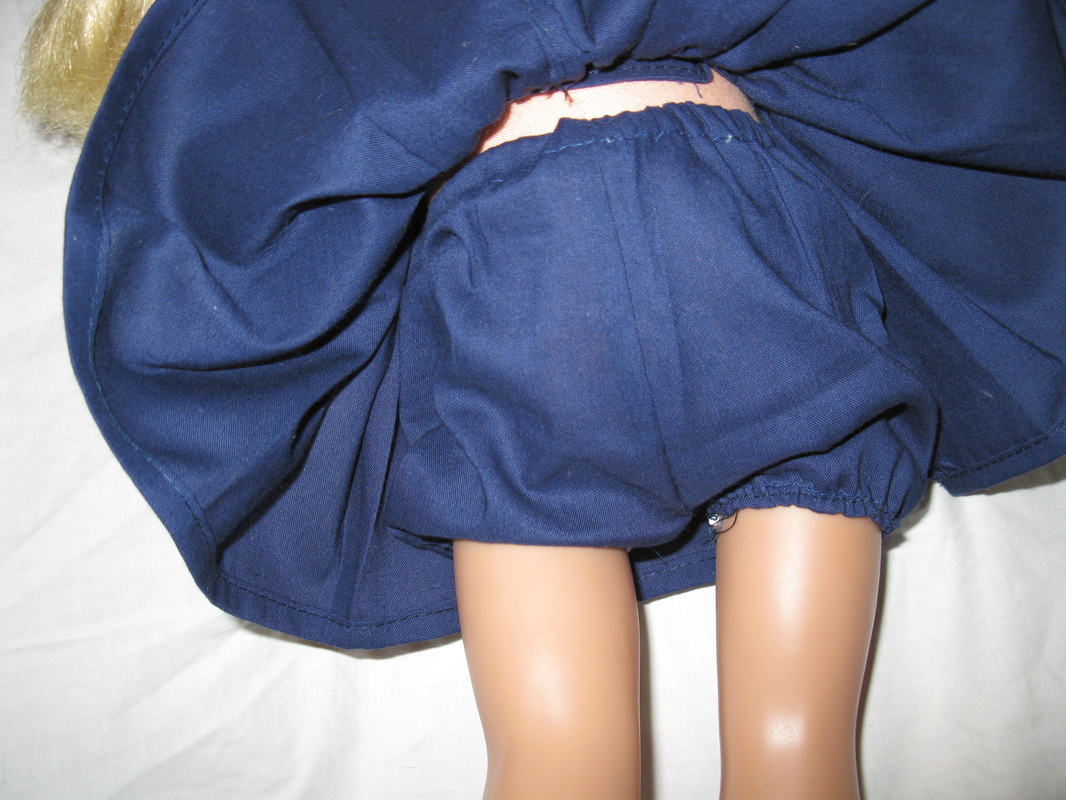
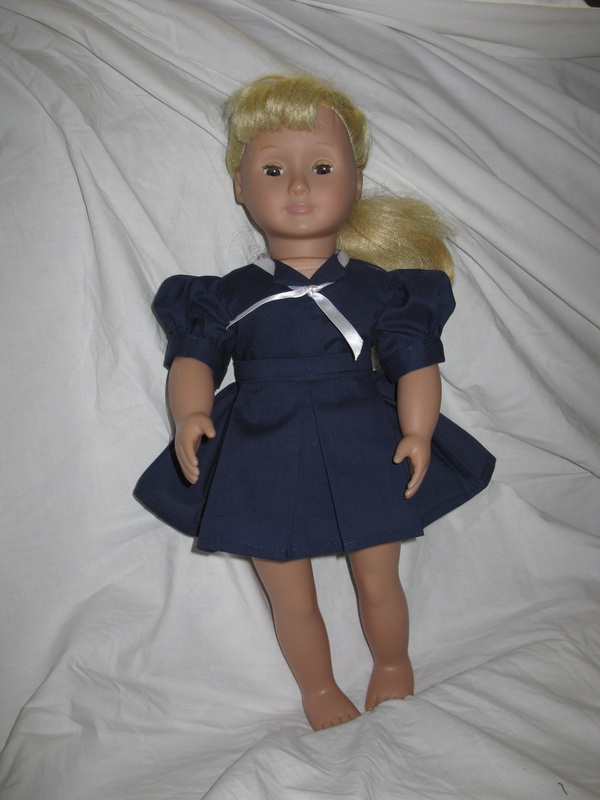










 RSS Feed
RSS Feed















